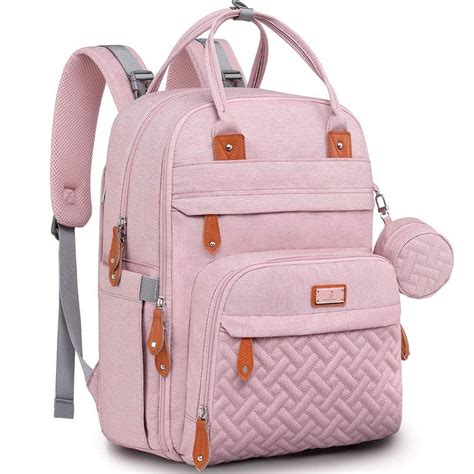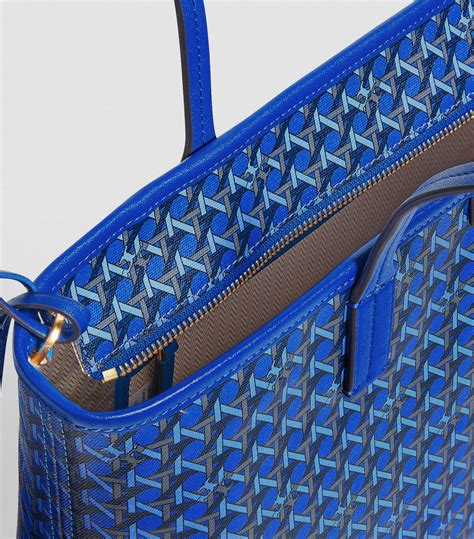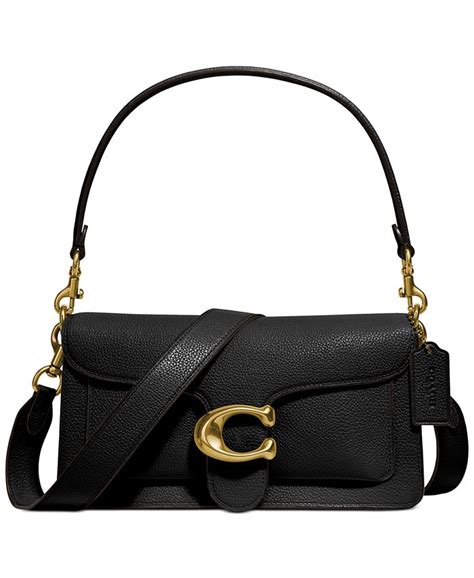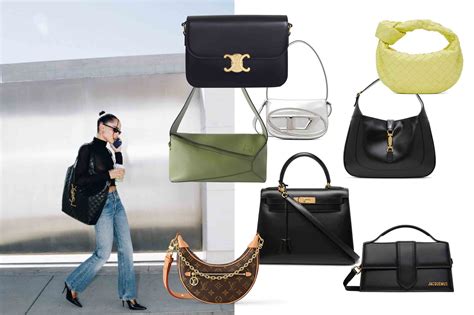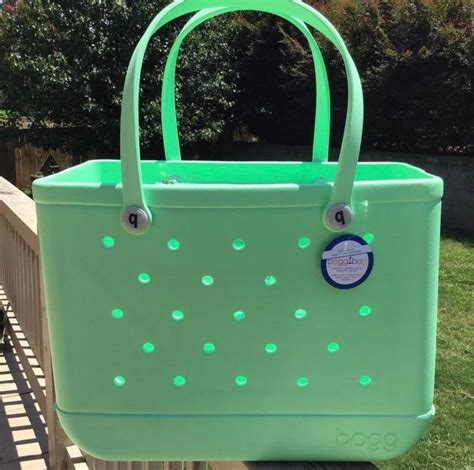dior bag korea | Korea Dior bag scandal
$170.00
In stock
The "Dior Bag Korea" scandal, also known as the "Dior Bag Controversy," has ignited a political firestorm in South Korea, threatening to destabilize President Yoon Suk-yeol's administration and exposing deep divisions within his own party. At the heart of the controversy is a video allegedly showing First Lady Kim Keon-hee receiving a Christian Dior handbag, reportedly a gift, which has sparked accusations of impropriety, violations of anti-graft laws, and raised serious questions about transparency and ethical conduct at the highest levels of government. The incident has become a focal point for criticism of the President and his wife, and has triggered a fierce debate about how the administration should address the burgeoning crisis.
This article will delve into the intricacies of the "Dior Bag Korea" scandal, exploring its origins, the key players involved, the legal and ethical implications, and the political fallout that has ensued. We will examine the arguments presented by both sides of the debate, analyze the potential consequences for President Yoon and his party, and consider the broader implications for South Korean politics and society.
The Genesis of the Scandal: A Questionable Gift?
The scandal revolves around a video allegedly showing First Lady Kim Keon-hee receiving a Dior handbag, reportedly worth around 3 million Korean won (approximately $2,300 USD), as a gift. The video, allegedly secretly filmed, was reportedly provided to a left-leaning YouTube channel, which then published it, igniting the controversy. The circumstances surrounding the acquisition of the bag are murky, and the details remain contested.
Key questions at the center of the scandal include:
* The Origin of the Bag: Who provided the Dior handbag to the First Lady? Was it a genuine gift, or was it part of a deliberate scheme to entrap her?
* The Context of the Exchange: Where did the exchange take place? Was it a private encounter, or was it a formal setting where such gifts might be considered inappropriate?
* The First Lady's Knowledge: Did the First Lady know the true value and origin of the bag? Did she report the gift as required by law?
* Potential Violations of Anti-Graft Laws: Did the acceptance of the Dior handbag violate South Korea's anti-graft laws, which prohibit public officials and their spouses from receiving gifts of significant value?
The Legal and Ethical Implications: Navigating Murky Waters
The "Dior Bag Korea" scandal raises significant legal and ethical concerns, particularly concerning potential violations of South Korea's stringent anti-graft laws. The Improper Solicitation and Graft Act, often referred to as the "Kim Young-ran Law," prohibits public officials, including the President and his spouse, from receiving gifts or benefits that could be construed as influencing their official duties.
The key legal questions surrounding the scandal include:
* Definition of "Public Official": Does the First Lady fall under the definition of a "public official" as defined by the anti-graft law? While she doesn't hold an official government position, her role as the President's spouse could be interpreted as placing her within the purview of the law, particularly if the gift could be seen as influencing the President's decisions.
* Value Threshold: Does the value of the Dior handbag exceed the permissible limit for gifts under the anti-graft law? The threshold is often debated, with some arguing that even a seemingly modest gift could be problematic if it raises concerns about undue influence.
* Intent and Influence: Was there an intent to influence the First Lady or the President through the gift? Did the acceptance of the bag create a perception of impropriety or bias?
* Reporting Requirements: Was the gift reported to the appropriate authorities as required by law? Failure to report a gift of significant value could constitute a violation of the anti-graft law.dior bag korea
Beyond the legal considerations, the "Dior Bag Korea" scandal also raises significant ethical questions about the conduct of public officials and their spouses. Transparency, accountability, and adherence to the highest ethical standards are crucial for maintaining public trust and ensuring the integrity of government.
Political Fallout: Divisions Within the Ruling Party
The "Dior Bag Korea" scandal has triggered a political earthquake in South Korea, exposing deep divisions within President Yoon Suk-yeol's ruling People Power Party (PPP). The party is reportedly grappling with internal disagreements over how to respond to the controversy, with some members advocating for a swift and transparent investigation to clear the air, while others are urging a more cautious approach to protect the President and the party's image.
Key aspects of the political fallout include:
* Internal Rifts within the PPP: The scandal has exacerbated existing tensions within the PPP, with different factions vying for influence and control. Some party members are reportedly critical of the President's handling of the situation, while others remain staunchly supportive.
Additional information
| Dimensions | 9.4 × 5.4 × 2.4 in |
|---|




